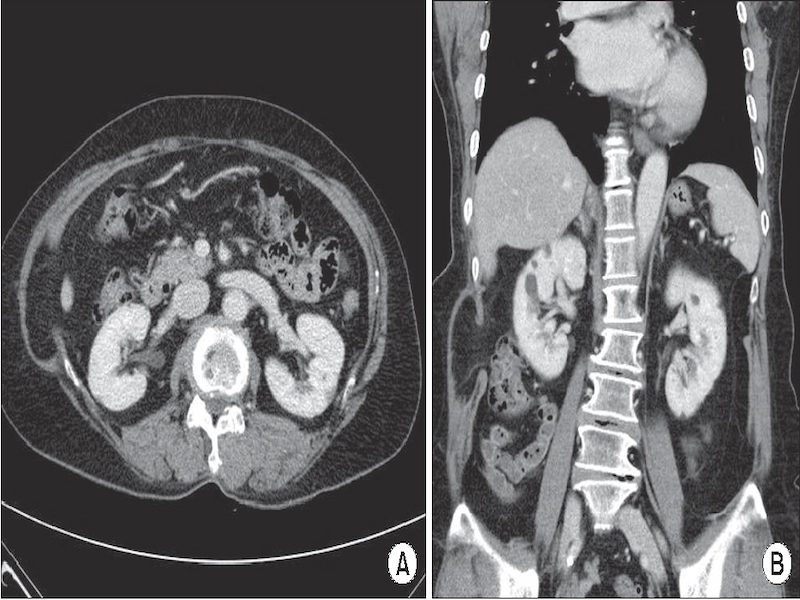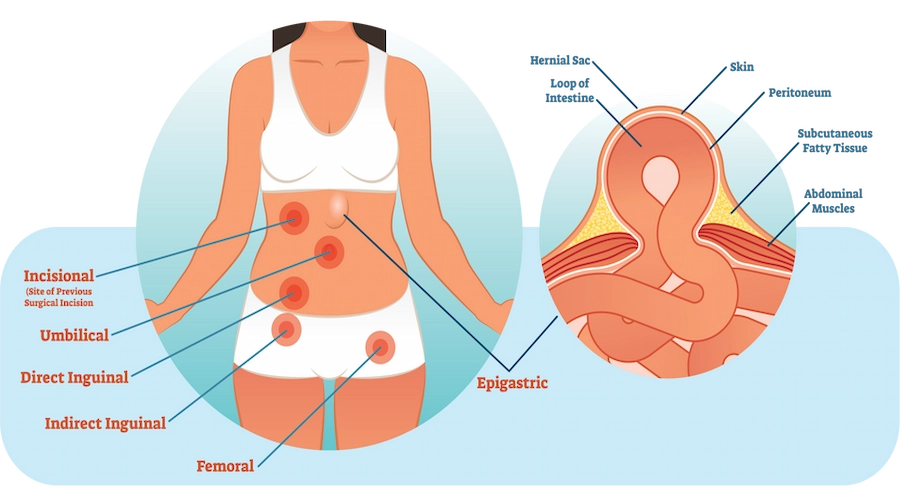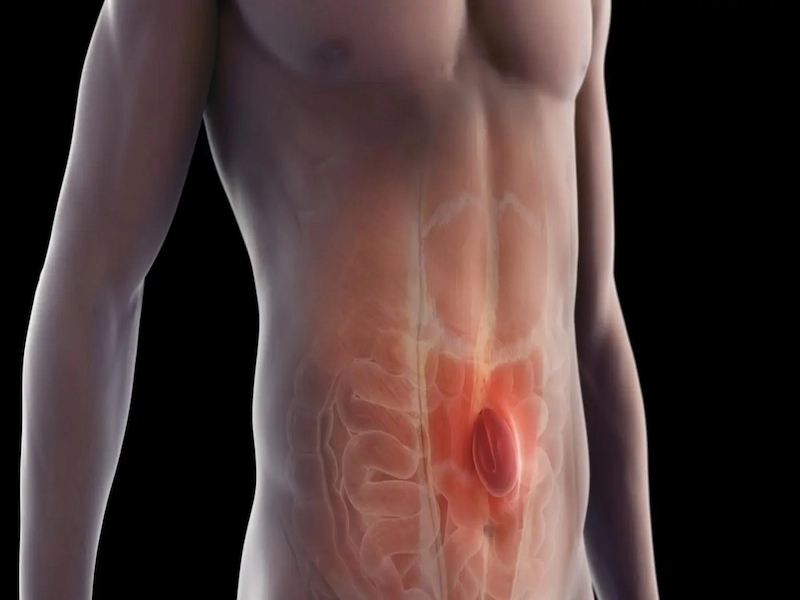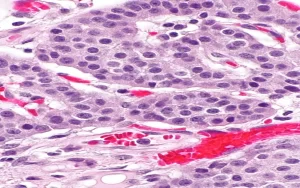Abdominal hernias, or as the doctors sometimes call Abdominal wall hernias are among the most common of all surgical problems. An abdominal hernia occurs when tissue or part of the bowel protrudes through the abdominal wall. This protrusion causes a bulge or swelling in the abdomen or groin. Most hernias are easily treatable but sometimes they can cause serious complications.

What is abdominal hernia?
Human abdomen wall is made up of sheets of tough muscles and tendons that run between your ribs and groin. If there’s a weakness in part of the wall, the contents inside can push through, causing an abdominal hernia. In this situation you may notice a swelling or a bulge in your tummy or groin. This may be more noticeable when people cough or strain. Sometimes one might not notice any symptoms at the first place.
It is possible that surgery will be needed to treat an abdominal hernia, but this depends on the type of hernia and the complications it causes. However, if the protruding area suddenly becomes painful, especially if the person cannot push it back into the abdomen with low pressure, it is necessary to see a doctor immediately; Because in this situation, some of the hernia contents may have become trapped inside the hole and surgery is needed immediately.
Read more: All about weight loss surgery
Types of abdominal hernia
- inguinal hernia
- femoral hernia
- incisional hernia
- umbilical hernia

Abdominal hernias are named according to where the weakness is in your abdomen wall. You may also have heard of hiatus hernia. Unlike the hernias we just named, this isn’t due to a weakness in your tummy wall. It happens when part of your stomach slides up into your chest.
Inguinal hernia (groin hernia)
This happens when tissue or part of your bowel pushes through a weakness in a passage in your groin called the inguinal canal. It causes a bulge in your groin. Inguinal hernias are the most common type of hernia and are seen most commonly in men.
Read more: All about bmi
Femoral hernia
This is another type of groin hernia that happens a little lower down in your groin. It happens if you have the weakness in another passage in your groin, called the femoral canal. Women are more likely to have a femoral hernia
Incisional hernia
This type of hernia only happens on a previous weakness in your tummy wall caused by previous surgery around the old surgical scar.
Umbilical hernia
Umbilical hernia happens when there’s a weakness in the muscle layer in or around your belly button. In this situation there will be a bulge in or around your belly button. Umbilical hernias are very common in babies but often disappear by the time children reach the age of five. In adults, they’re most common in pregnant or overweight people. They need to be repaired with surgery in adults, because there is a chance of complications.
Causes of abdominal hernia
children can be born with abdominal hernia. Hernias could happen as a baby develops in the mother’s womb. But most hernias develop during adulthood.
Anything that increases pressure in the abdomen can increase the risk of developing an abdominal hernia. Hernia causes include the following:
- Chronic coughing
- straining when you poo, which may happen if you’re constipated
- lifting heavy objects or weights
- being excessively overweight
- pregnancy
As you get older, it is more likely that you will develop an abdominal hernia. The reason is that in old age, the muscles of the abdominal wall become weaker.
How is abdominal hernia diagnosed?
If the doctor suspects that the patient has a hernia, will start to examine physically. The doctor may ask the patient to cough or stand while applying pressure on the hernia. doctor may also order an ultrasound, a CT scan or magnetic resonance imaging (MRI). However, these methods are not always necessary.
Treatment of abdominal hernia
Surgery is the only way to permanently repair an abdominal hernia. But abdominal hernias in adults don’t always need to be repaired.
The type of hernia, its size, and whether or not it has symptoms will determine whether surgery is needed. The doctor also evaluates the possibility of complications after the operation to decide on surgery. If the patient is old or has a disease, surgery may be avoided as much as possible.
Umbilical hernias in young children usually heal on their own. But if it is very large or does not go away by the time the child reaches the age of five, the doctor may recommend surgery.
Most hernias in adults get larger over time and are more likely to cause complications.
What is abdominal hernia surgery?
Abdominal hernia surgery involves pulling the hernia into the abdomen and repairing the weakened muscle to prevent it from happening again. This surgery may be performed laparoscopically. This means the operation is done through small cuts in your lower tummy. Or you may be offered open surgery with a single, larger cut. Both types of surgery have pros and cons and the surgeon will discuss the best type of operation for which varies from person to person.
Recovery time after surgery depends on several factors. These include the location of the hernia, the type of surgery, and the person’s general health.
In general, it may take up to six weeks to fully recover and get back to normal. You will gradually be able to build up your activity during this time.
You shouldn’t lift anything heavy while you’re recovering as it can increase the risk of your hernia coming back. If you have keyhole surgery, you’re likely to stay in hospital for less time and recover faster.
Get help from the best slimming specialist for advice in this field.
Conclusion
Abdominal hernia occurs due to the protrusion of part of the intestines and abdominal tissues through the wall that encloses the contents of the abdomen. In this case, protrusions of different sizes are observed on the body. This hernia can involve different parts of the abdomen and groin area. The occurrence of hernia types may be different in women, men and children. However, surgery is not always needed to treat a hernia, and sometimes you may be able to continue living a normal life with hernia care. However, in some situations, surgery is recommended or unavoidable



